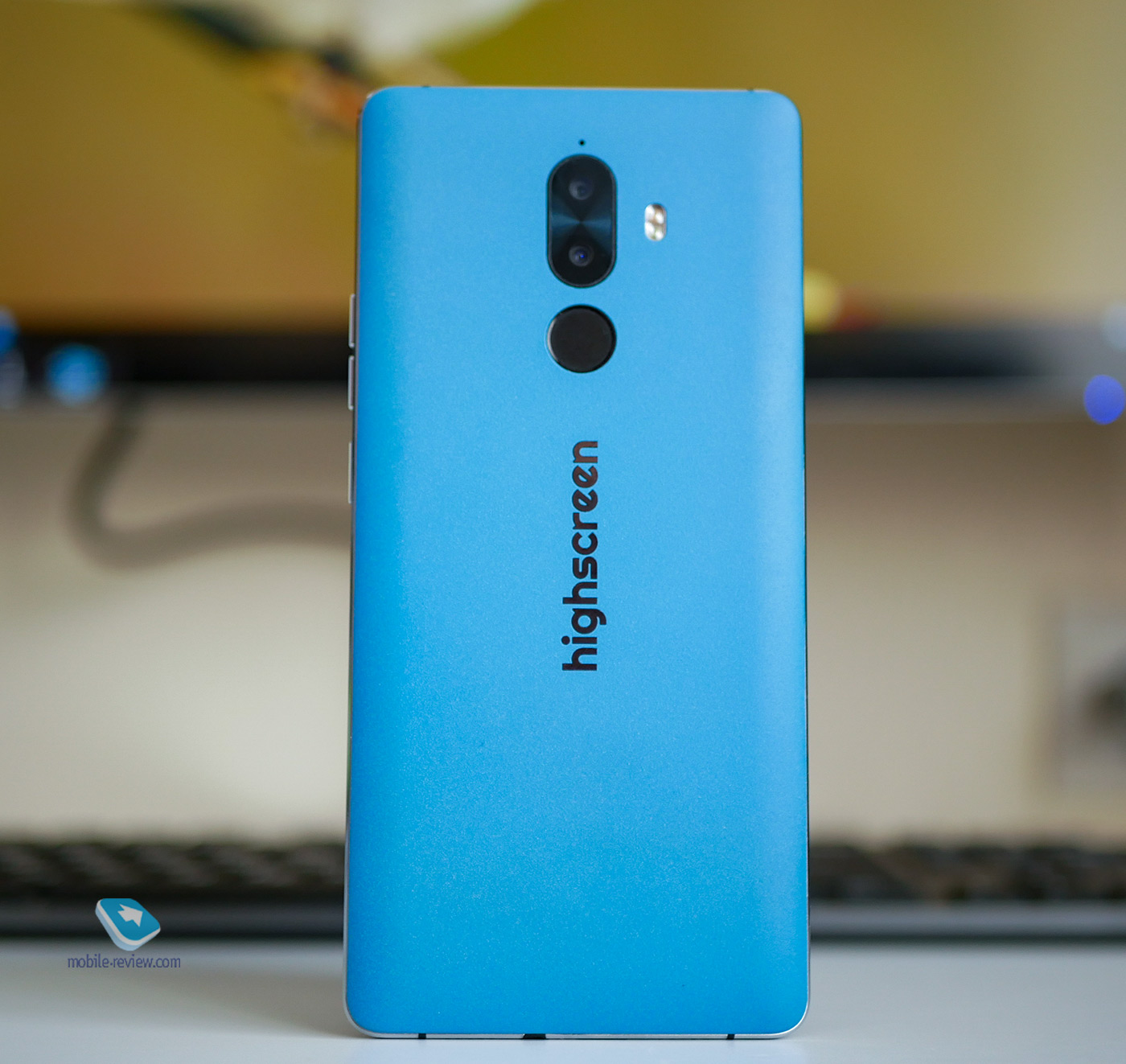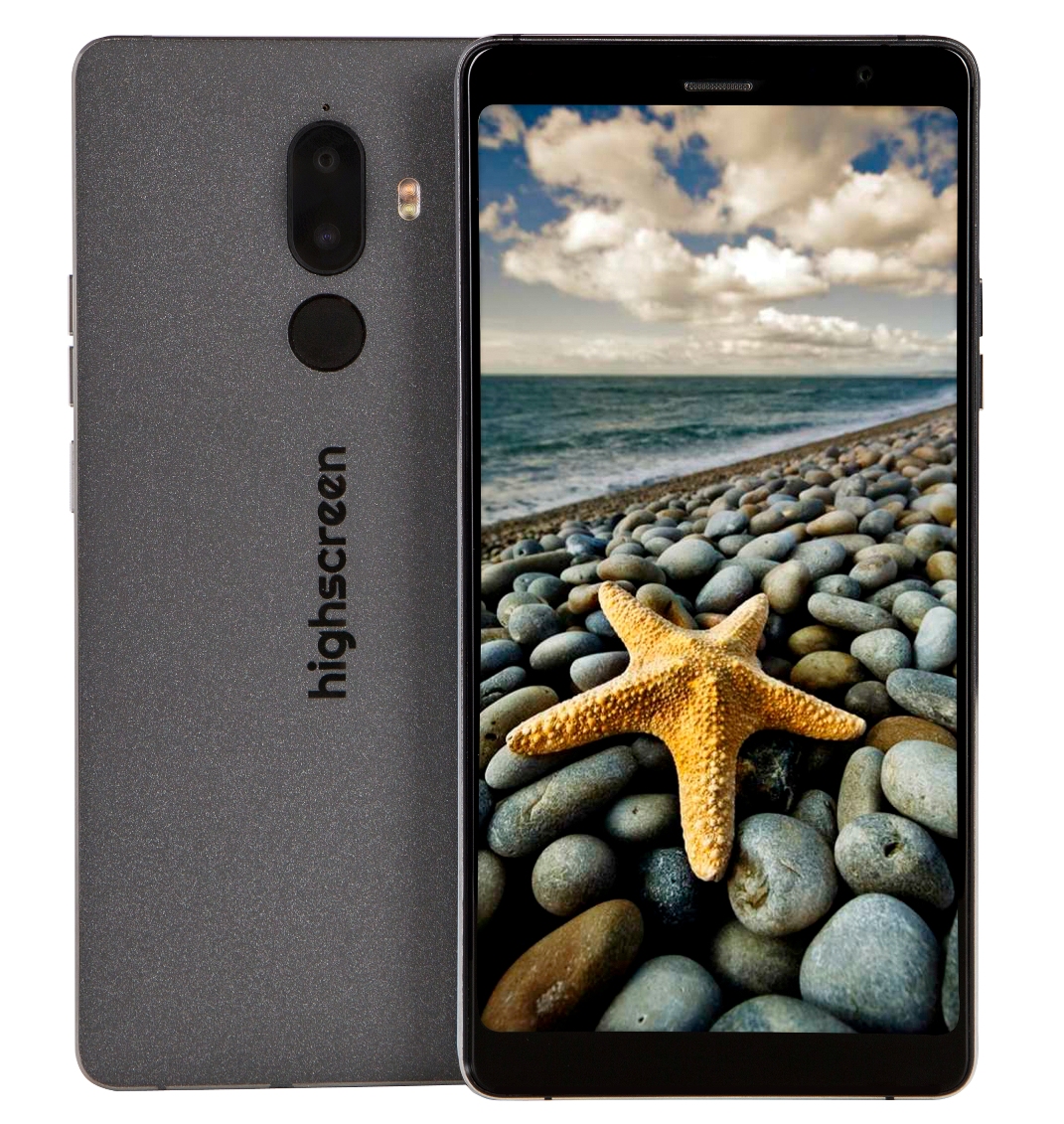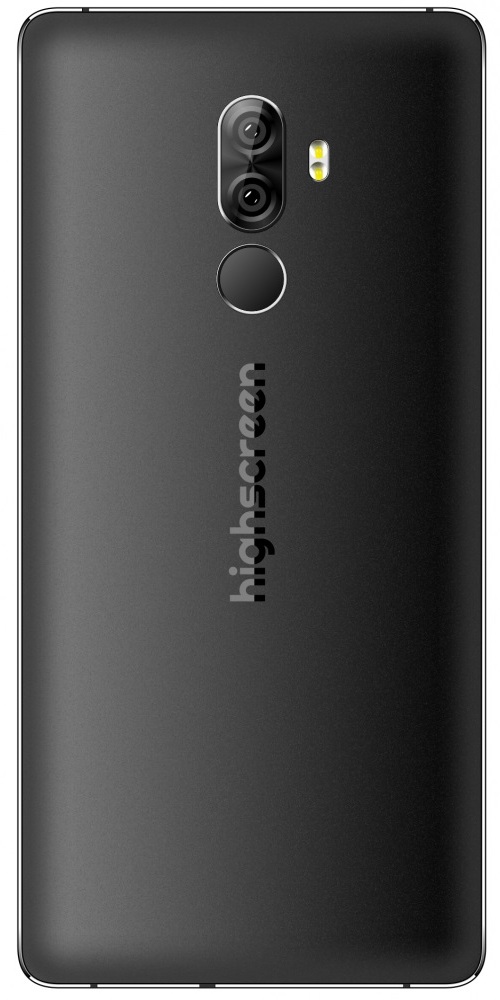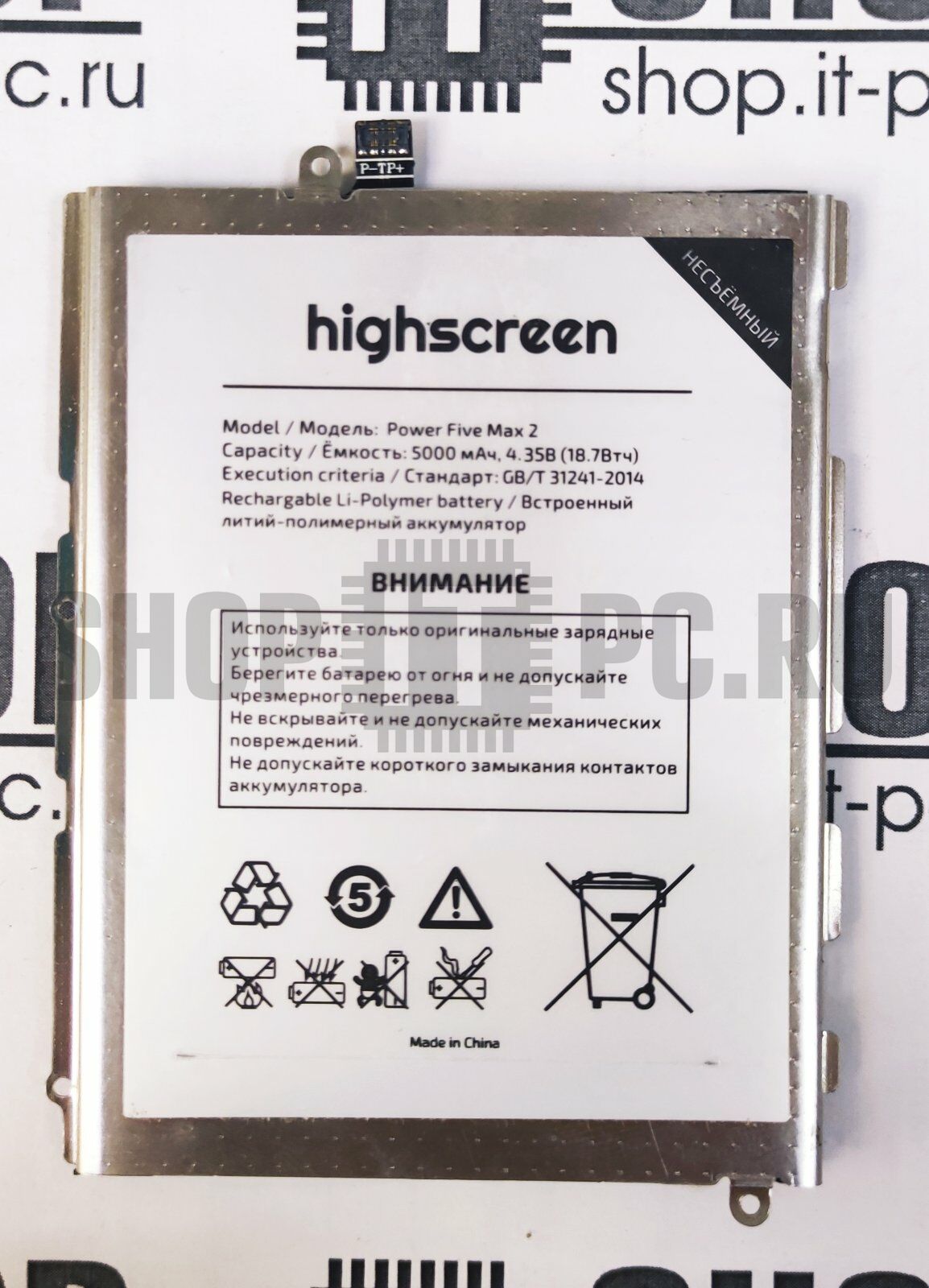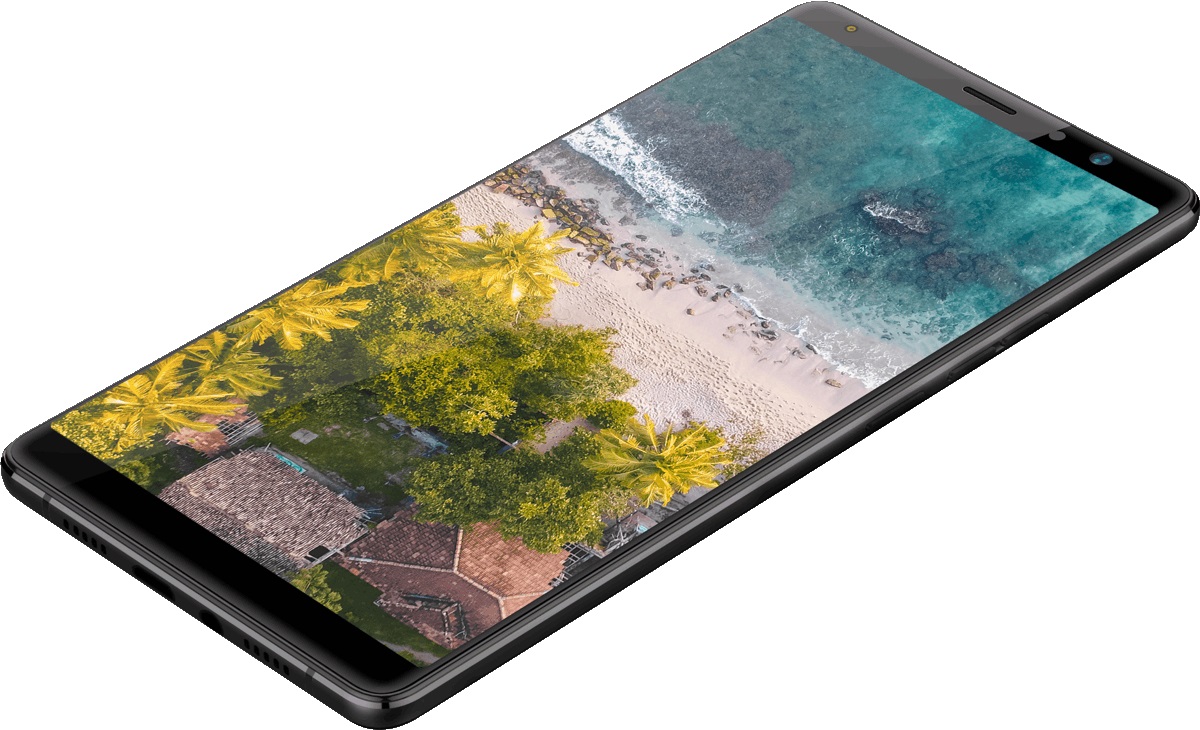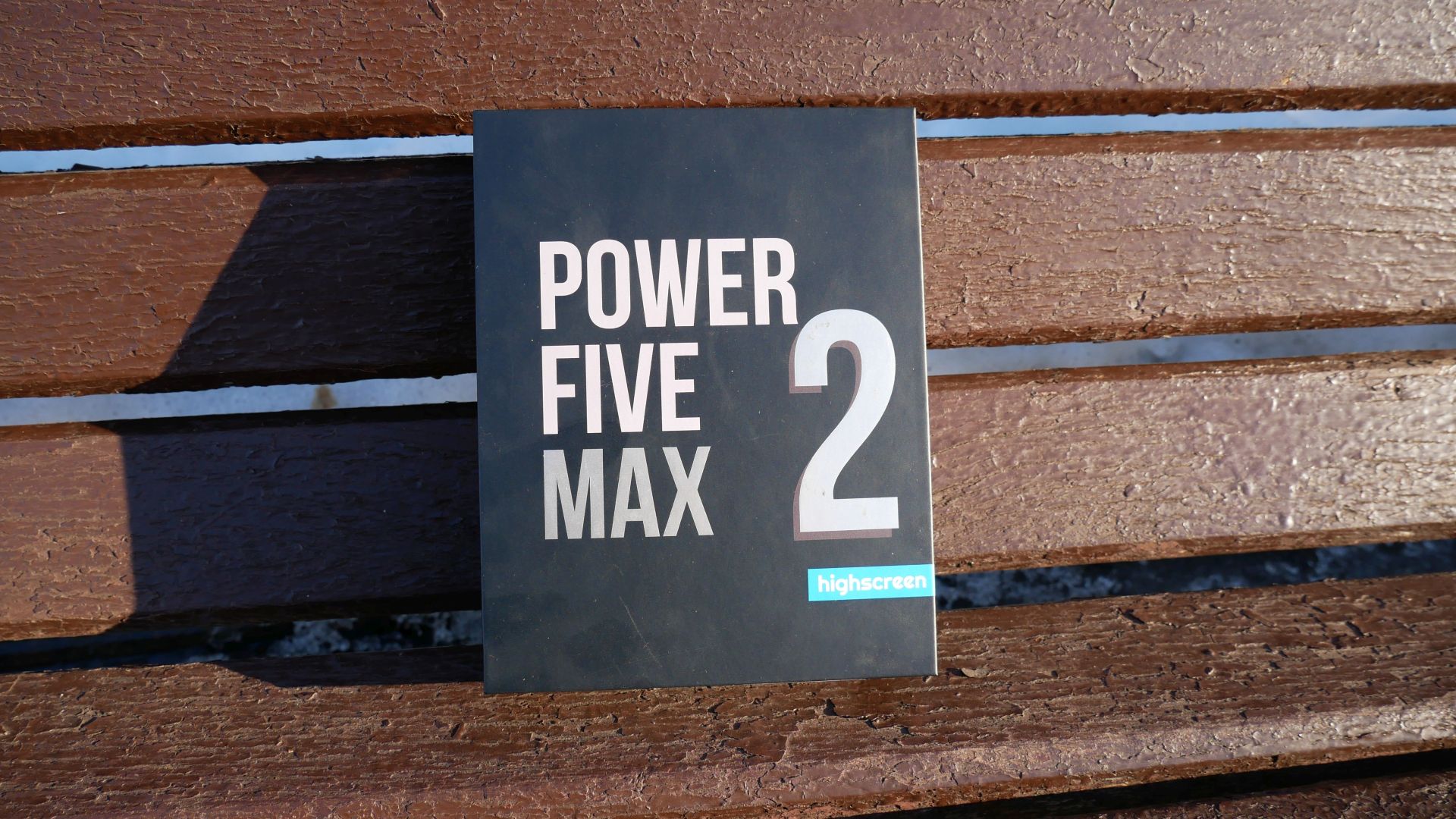
Highscreen Power Five Max 2 Full phone specifications :: Xphone24.com (DUAL SIM Android 8.1 Oreo Touchscreen smartfon) specs

Защитная пленка пленка "Highscreen Power Five Max 2, 17" - купить по выгодной цене в интернет-магазине OZON (748143214)

For Highscreen Power Five Max 2 Case Universal Silicone Bumper Finger Ring Cell Phone Holder For Highscreen Power Five Max - Mobile Phone Cases & Covers - AliExpress

Купить Power Five Max 2 3+32 brown Смартфон Highscreen HIGHSCREEN Power Five Max 2 3+32 brown по выгодной цене в интернет-магазине Москва

Смартфон Highscreen Power Five Max 2 4/64GB черный купить в Москве, СПб, Новосибирске по низкой цене




